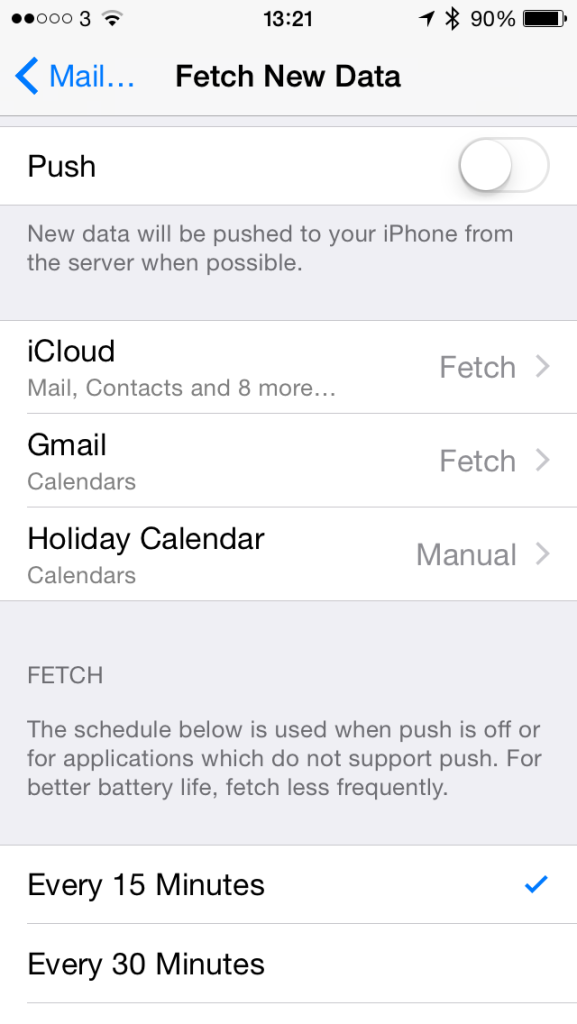There’s a difference. I’m a freelance writer but over the last few years that’s meant more than sitting at my desk from 5am to 5pm typing. I’m out of my office a lot, I’m running workshops and giving talks, I have books that I’m publishing, I have lots of what are officially not writing jobs but they are to me. It’s all the one thing in my head, all the one writing and communicating thing that I enjoy so much, but it doesn’t look like one thing from outside. And I’ve been getting advice about this.
So far the conclusion-in-progress is that I’m either spinning a lot of plates or working with a 1,000-piece jigsaw, but whichever it is, I was given one piece of advice about it all that chimed with me:
Each day you spend in your business is a day you’re not spending on it
Follow. If I go into a school for myself or the Writers’ Guild or the Royal Television Society, that’s work and that’s great, but it is a complete day. I can’t do anything else in those working hours. That’s fine, that’s what I’m doing, that’s what I’m here for, that’s why I’m a freelance, but freelancers also take every day’s work they can. It’s what we’re like.
And if every day is taken up like this, you are spending no time planning for the future or managing your business. The person who gave me this advice also pointed out that the fee you get from going into a school is money today, not money tomorrow.
I find it hard focusing on the cash instead of the work or even – I’m going to say it, you can’t stop me – the art of what I do. But without cash, I don’t get to continue doing this. I need to be planning ahead, I need to be setting aside some time to work on my business.
So you know what I’m thinking now, don’t you? So should you.
